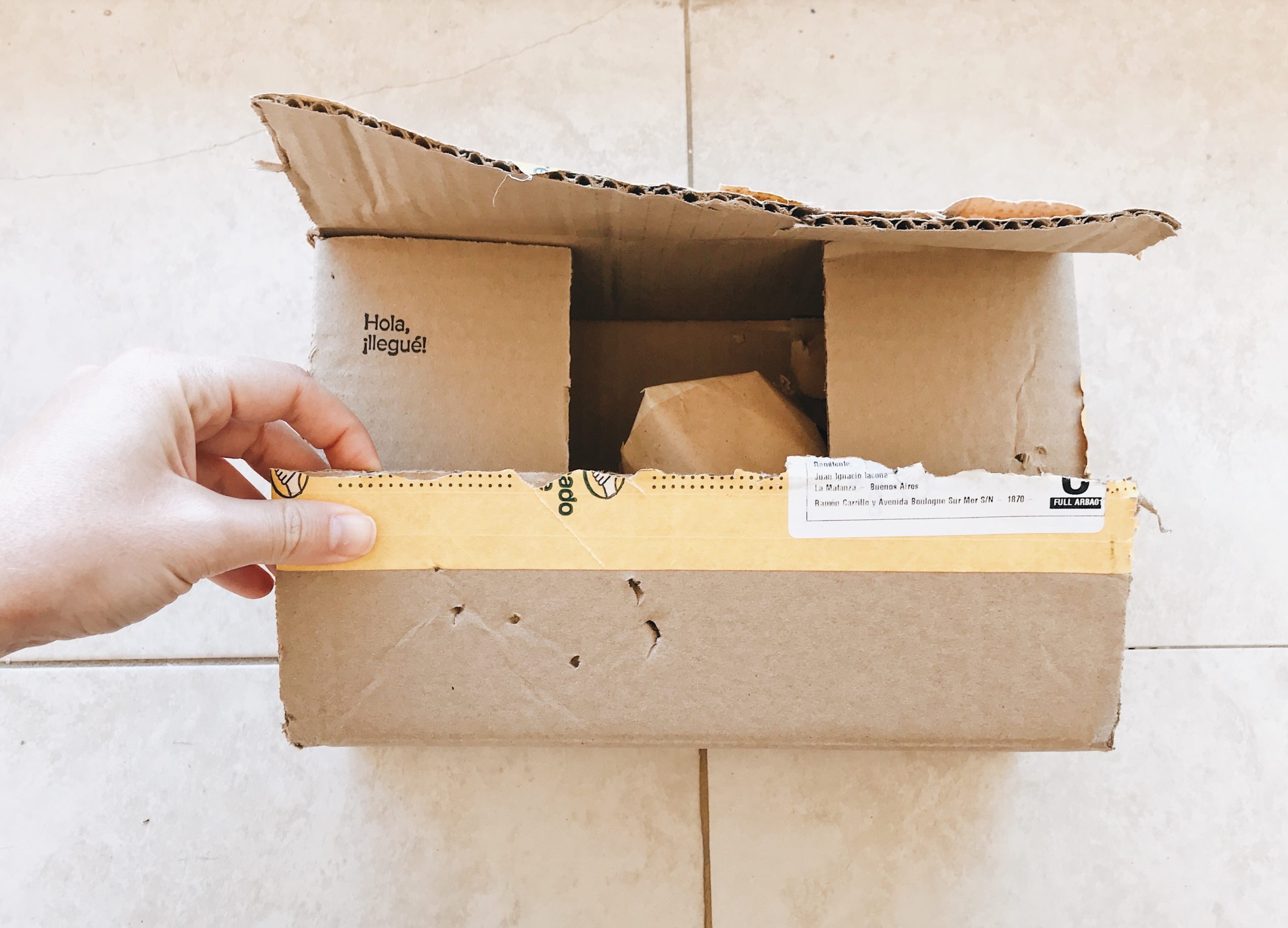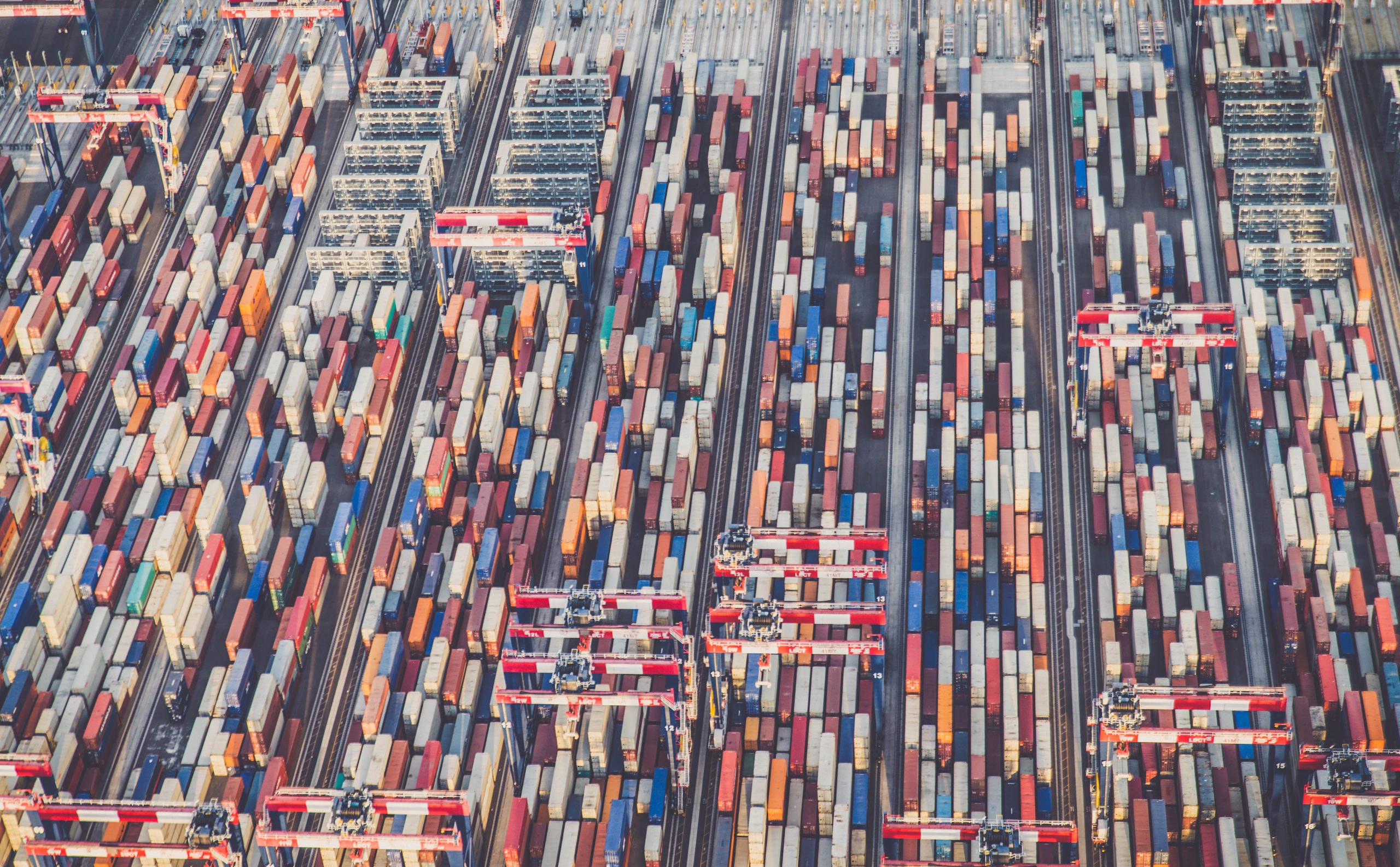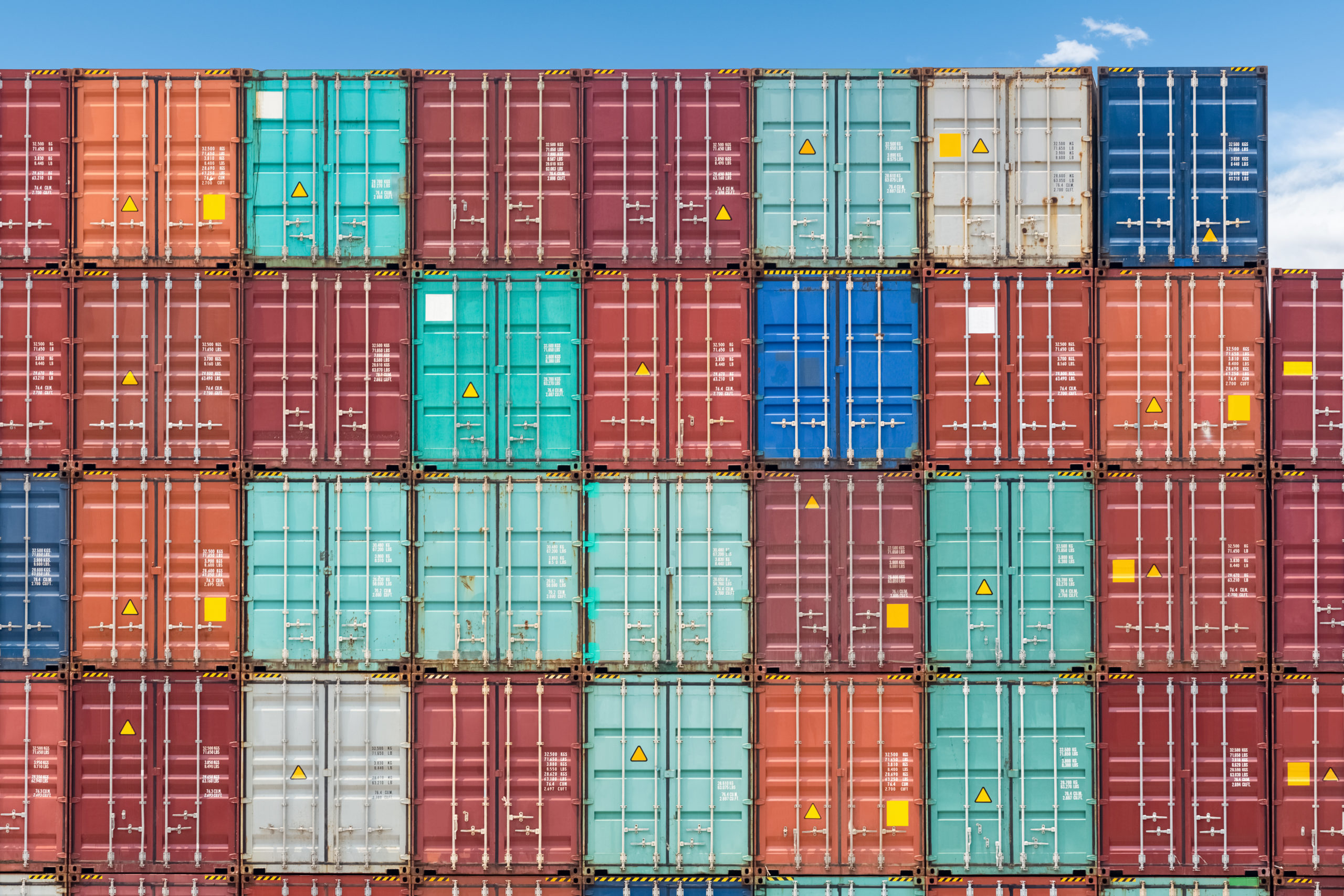
Is Getting Shipping Insurance Really Necessary?
There have been some reports that draw attention to the rise in cargo falling into the ocean during marine shipping. Combine that with never ending troubles associated with fire and flooding causing damage to the shipment, and you have an answer to the question posed by the headline.
With E-commerce on the rise, the only way you can protect your business is to make sure your items are shipped with care and on time, so be careful when picking your carrier. But, once the shipment is loaded, there are numerous things that can go wrong, even with all the technology protecting the cargo.
The only way you can feel in control is if you pay an insurance fee. It diminishes your anxiety, promises the return of the whole value, and takes the blame off of you in the eyes of your customer. There are a few options you can look into when shipping valuable items or large quantities of goods.
Biggest Risks While Shipping

Shipping insurance exists to protect the sender or the carrier in case something happens to the cargo. Some shipping companies that follow the example of Unival Logistics offer special insurance for the most valuable items.
Depending on what kind of insurance the sender signed on, reimbursement for lost, stolen, or damaged goods can be a long and stressful process, that sometimes doesn’t even end in their favor. Being aware of the problems that carriers face may convince you to take out an insurance policy the next time you are sending your products.
The weather getting more and more unpredictable would not be such a big problem had there not been a pandemic-driven surge in E-commerce. The cargo is getting stacked higher and transportation means are getting closer to full capacity. Ships have to make more voyages and the crews are getting more tired, thus making more mistakes. All of this, plus sheer bad luck, bring us to a rise in numbers of damaged and lost cargo.
Is Carrier Liability Enough?
Carrier liability is a kind of insurance that most shipment companies legally have to offer free of charge in case of cargo’s misfortune. However, there are limitations that set the maximum financial responsibility the carrier can hold and you would be reimbursed only in case of proven carriers’ negligence.
There is a misconception that a carrier liability policy is enough, but it does not protect you from naturally-caused accidents, traffic accidents, and even some types of theft. And considering the tiring process of actually proving the carrier’s liability, it is safe to assume that relying on this policy is not enough for a good business-customer relationship.
What Are Traditional Shippers Interest Policies?

Unlike carrier liability, which is an obligatory policy provided by the shipping company, the shipper’s interest policy is optional and addresses more risks. Keep in mind that not every freight service provider will offer you a shipper’s interest policy, as they are optional.
In most cases, you are paying annually, regardless of the number of shipments you put out, and the fee isn’t cheap. Plus, the process of getting your reimbursement is faster than when settling for carrier liability but still too slow for this day and age.
The biggest benefit of shippers insurance is that you can declare the value of your product. This declared value is set to protect you from the carrier’s reduction of the coverage
Is Cargo Insurance the Way to Go?
Cargo insurance is a policy that protects the full value of the shipped product in the event of theft, loss, or damage. By paying a cargo insurance fee, you are covering the full value of the shipment even if it was not destroyed due to negligence.
This is a thorough policy, meaning that it covers your cargo practically from door to door, and considers numerous features of the shipment. As it is trying to anticipate possible risks, cargo policy will be interested in the route taken by the carrier, if the shipment is hazardous or fragile, as well as the weight and size of the package. There is also a question of whether or not your previous losses.
Coverages go from $100.000 to $500.000 for both domestic and international shipments and make sure you find a policy that fits your needs. Work with your insurance provider to create the policy that will protect you and your package specifically.
The number of packages that vanish at the sea is concerning, and there have been more than 20 cargo thefts each day in 2020. With that in mind, taking out cargo insurance makes the most sense if you are shipping something of greater value.
Who Is Protected by Freight Insurance?
Sometimes the words fright and cargo are interchangeable when talking about shipping insurance, and in many cases when a carrier talks about fright coverage, it actually refers to cargo. However, there is a clear distinction between the two, and it is reflected in the subject of protection.
That is to say that cargo policy protects you, as the sender, while freight insurance protects the carrier. Freight coverage is paid by the shipping company, but after the service is properly done it gets forwarded to you. If you have a complaint after the fact, there is an appeal period during which you can send out a claim and ask for a reimbursement.
Fright insurance is protecting the carrier from their own negligence. Unlike with the carrier liability policy, you get covered by a third party instead of directly from the shipping company. Similar to carrier liability policy, you do not get the full value of your goods, and the coverage is rather based on the weight of your shipment.
When to Forego Shipping Insurance?

Shipping insurance is important for all business-to-customer shipments and shipments of great value, but in some other cases, it can be an unnecessary expense. Especially if the value of the shipment is smaller than the insurance fee or if the product is easily replaceable.
You should not forego insurance when sending a time-sensitive shipment. Having said that, you can settle for carrier liability in cases when there are no time limitations to when the shipment should arrive at the door of your receiver.
The insurance can be helpful if there are many means of transportation that your shipment needs to be loaded on and off of, as there is a bigger risk of damage. Sometimes senders forego insurance when they send a package domestically and in close proximity. This is not recommended, but it is statistically less likely that something could happen that free insurance could not cover.
Reputation Is on the Line

The trust you build with your consumers is what makes your business strong. When your customer gets a shipment of your damaged products, you need to take responsibility, and they need to get their money back. All this needs to happen while making sure that you are not the one financially liable for the reimbursement.
Let’s forget for a second the money you immediately lose when your shipment is lost or destroyed. There is a much bigger loss in the long run if you are a business without cargo insurance, as you can lose many future customers due to bad reviews and shoppers’ dissatisfaction.









